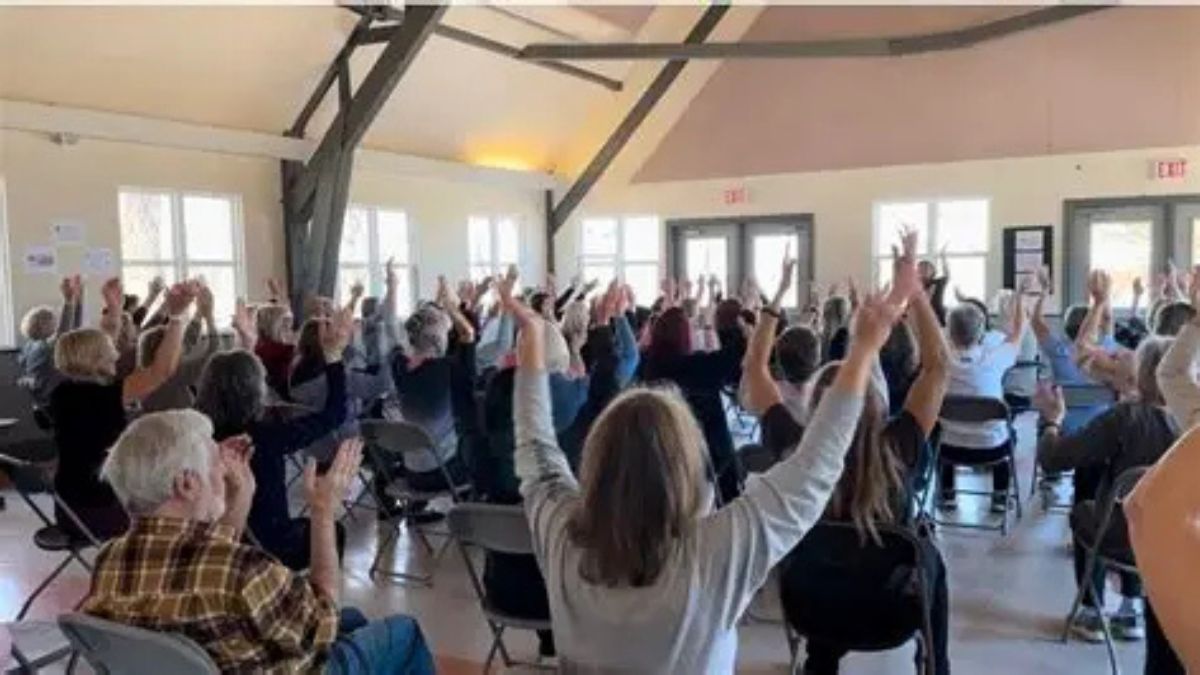The concept of ageless grace in comedy becomes particularly fascinating when examining how comedic traditions pass from one generation to the next. This transmission isn’t simply about inherited talent or family connections—it represents a deeper understanding of what makes people laugh and why humor remains essential to the human experience regardless of age.
Understanding how comedy achieves this timeless quality offers valuable insights for performers, content creators, and anyone interested in the mechanics of entertainment that resonates across generational boundaries.
The Timeless Elements of Great Comedy
Certain comedic elements transcend specific time periods or cultural moments, creating connections that span generations. These foundational aspects of humor tap into universal human experiences that remain constant despite changing technology, social norms, or cultural references.
Observational comedy about everyday situations continues resonating because the fundamental absurdities of human behavior persist across decades. The specific details might change—from rotary phones to smartphones—but the underlying frustrations and contradictions of daily life remain remarkably consistent.
Physical comedy demonstrates perhaps the purest form of ageless grace. Pratfalls, timing, and visual gags work across language barriers and cultural differences, creating immediate connections with audiences regardless of their background or generation. This universality explains why comedic legends from different eras can still generate fresh laughs from contemporary audiences.
Storytelling techniques in comedy also display remarkable durability. The setup-punchline structure, callback references, and narrative building blocks that create comedic momentum work just as effectively today as they did generations ago, though their specific applications continue evolving.
How Comedy Adapts While Staying True to Its Roots
Successful comedic evolution requires balancing innovation with respect for proven principles. Modern comedians who achieve lasting impact understand how to incorporate contemporary references and delivery methods while maintaining the fundamental elements that make comedy work.
Digital platforms have revolutionized comedy distribution and audience interaction, but the core requirements of timing, authenticity, and audience connection remain unchanged. Comedians who master these traditional skills while embracing new technologies create content with both immediate appeal and lasting value.
Cultural sensitivity has shifted significantly across generations, requiring comedians to navigate changing social standards while maintaining their authentic voice. Those who achieve ageless grace in their work find ways to evolve their perspective without abandoning the honesty and observational skills that made them effective in the first place.
The most successful long-term comedic careers demonstrate continuous learning and adaptation. Rather than clinging to past successes or completely reinventing themselves, these performers integrate new experiences and perspectives into their established comedic foundation.
Learning From Comedy Families and Legacies
When comedy runs in families, it creates unique laboratories for studying how comedic sensibilities transfer across generations. These situations offer insights into which aspects of comedy represent learned skills versus natural inclinations, and how different generations approach similar comedic territory.
The Chappelle family provides an excellent example of this generational transfer. Dave Chappelle’s established career and comedic philosophy create a framework that influences but doesn’t dictate his daughter Sanna’s developing approach to comedy. Her work demonstrates how younger comedians can honor family traditions while establishing their own voice and perspective.
Observing these family dynamics reveals that successful comedic inheritance involves more than just genetic predisposition or industry connections. It requires understanding the deeper principles behind effective comedy and applying those principles to contemporary contexts and personal experiences.
The pressure faced by second-generation comedians to live up to family legacies often produces stronger performers who must prove their individual merit rather than relying solely on inherited advantages. This pressure, while challenging, frequently results in more thoughtful and developed comedic voices.
Building Bridges Between Generational Audiences
Comedy’s ability to connect different age groups creates opportunities for performers who understand how to speak to multiple generations simultaneously. This skill becomes increasingly valuable as audiences fragment across different platforms and entertainment preferences.
Successful cross-generational comedy identifies themes and experiences that resonate across age groups while acknowledging the different perspectives each generation brings to those shared experiences. Family relationships, workplace dynamics, and social changes affect everyone, though from different vantage points.
Reference selection plays a crucial role in maintaining broad appeal. Comedians who achieve ageless grace choose cultural touchstones that either remain familiar across generations or require minimal explanation to establish their comedic point. This approach ensures jokes land effectively regardless of audience age demographics.
Delivery style also influences generational appeal. While content might remain accessible to various age groups, presentation methods—from storytelling pace to interaction style—can either welcome or alienate different audience segments. Master comedians adjust their delivery to match their audience while maintaining their authentic voice.
The Role of Authenticity in Timeless Comedy
Authentic comedic voices possess staying power that transcends temporary trends or cultural moments. Audiences connect with genuine perspectives and honest observations, creating relationships that endure even as specific material becomes dated.
Authenticity in comedy requires courage to address real experiences and emotions, even when those topics might be uncomfortable or unpopular. Comedians who achieve lasting impact often tackle subjects that others avoid, bringing fresh perspectives to difficult conversations through humor.
The development of authentic voice takes time and requires consistent practice and audience feedback. Digital platforms accelerate this development process by providing immediate response data, allowing comedians to refine their approach based on real audience reactions rather than theoretical principles.
Maintaining authenticity while growing and changing presents ongoing challenges for long-term comedic careers. Successful comedians find ways to evolve their perspective and material while preserving the core honesty and observational skills that define their comedic identity.
Technology’s Impact on Comedy’s Ageless Quality
Digital platforms have democratized comedy creation and distribution, allowing more voices to reach audiences and enabling faster development of comedic skills. This accessibility creates opportunities for discovering and nurturing comedic talent that might have been overlooked in traditional industry structures.
Social media’s immediate feedback mechanisms help comedians understand what resonates with audiences and refine their material accordingly. This real-time market research capability allows for faster iteration and improvement compared to traditional comedy development methods.
However, the speed of digital culture also creates pressure for constant content creation that can work against the thoughtful development required for truly timeless comedy. Balancing quantity demands with quality standards becomes crucial for building sustainable comedic careers.
Archive capabilities of digital platforms mean comedic content has longer lifespans than ever before. Material that might have disappeared after its initial performance now remains accessible indefinitely, raising the importance of creating content that will age well rather than simply capturing momentary attention.
Lessons for Aspiring Comedians
Understanding ageless grace in comedy provides valuable guidance for those building comedic careers. Focus on developing fundamental skills—timing, observation, storytelling, and audience connection—creates a foundation that supports long-term success regardless of changing industry trends.
Study successful comedians across different generations to identify common elements that contribute to lasting appeal. This research helps distinguish between temporary trends and enduring principles that will serve comedic careers throughout their development.
Practice consistently while remaining open to feedback and evolution. The most successful comedic careers combine dedicated skill development with flexibility to adapt to changing audiences and cultural contexts.
Build authentic voice through honest exploration of personal experiences and perspectives. Audiences connect with genuine viewpoints more than manufactured personas, creating the foundation for long-term fan relationships.
The Continuing Evolution of Ageless Comedy
Comedy’s ageless grace ensures its continued relevance in human culture, providing both entertainment and social commentary that helps people navigate complex experiences with humor and perspective. This enduring function guarantees that skilled comedians will always find audiences eager for their insights and observations.
The principles that create timeless comedy remain constant even as their applications evolve with technology and cultural change. Comedians who master these fundamentals while embracing innovation position themselves for careers that span decades and reach audiences across generational boundaries.
As new voices emerge and establish their place in comedy’s continuing story, they carry forward both the traditions and innovations of their predecessors while adding their own unique perspectives to the art form. This ongoing evolution ensures comedy’s ageless grace continues connecting people through shared laughter and understanding.








